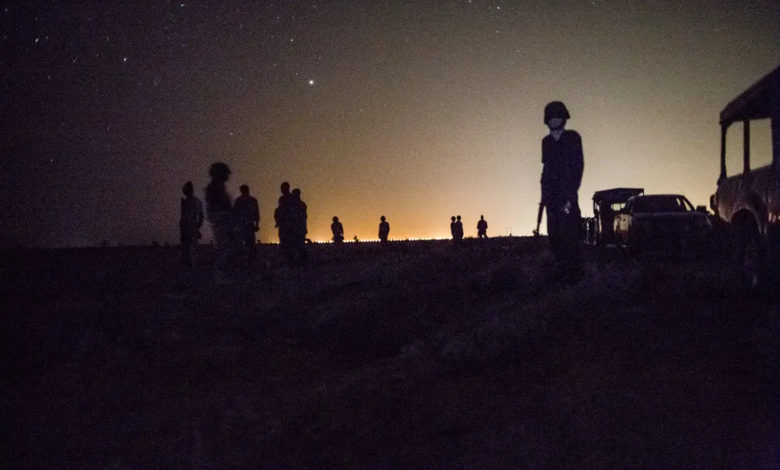Fact-check: Did Gov’t Forces Kill Top Insurgent Leaders In Northeast Nigeria?
Abubakar Shekau’s death was connected to the rivalry between insurgents in the Lake Chad region, which climaxed with the conquest of Sambisa last year. On the hand, there’s conflicting information about the status of former ISWAP leader Abu Musab Al-Barnawi.

The Senior Special Assistant on Public Affairs to Nigeria’s President, Ajuri Ngelale, claimed in an Arise TV interview on Saturday, Aug. 20, that the government knocked off the leadership of Islamic State West Africa Province (ISWAP) and Boko Haram last year.
“I think this has been totally muted in the media in this country is the fact that in 2021 we knocked off the top two threats to this country in terms of the fight against insecurity. We took off the battlefield Abu Musab Al-Barnawi of ISWAP, and we also took off the battlefield Abubakar Shekau,” the presidential aide stated.
But did government forces really take the leaders out of the battlefield?
The death of Shekau was not a result of the direct intervention of security forces but a cumulation of the rivalry with ISWAP, which broke away from the original Boko Haram in 2016. In May last year, the Boko Haram leader was killed during the battle for the group’s Sambisa stronghold.
Since then, the Islamic State affiliate has expanded into the area. An attempt to absorb the rival group suffered setbacks following resistance by some Boko Haram fighters. In addition, thousands of civilians and combatants have fled to government custody.
The circumstances surrounding the status of Al-Barnawi are much different and unclear after the ISWAP leader went off the radar in the aftermath of a battle with opposing insurgents. In the first quarter of the year, it was reported that member states of the security council were divided on his status; one member state indicated that Al-Barnawi may have reverted to his previous role.
“A bit of news about ISWAP… More and more sources are telling me that Habib Yusuf aka Abu Musab al Barnawi is still alive, that he was indeed wounded some time after the death of Shekau, probably by the Bakura group, but has recovered,” Vincent Foucher, a consulting senior analyst at Crisis Group, said in a tweet in February.
Senior security officials in the country have commented on Al-Barnawi without providing details, such as in Oct. 2021 when the security adviser to the President, Babagana Monguno, claimed that security forces had taken him out.
Days earlier, the country’s military chief, General Lucky Irabor, also told journalists, “I can authoritatively confirm to you that al-Barnawi is dead. As simple as that. He is dead and remains dead.” He did not share details.
Nigeria has been battling the insurgency in the northeast of the country since the July 2009 uprising and subsequent violence that has killed thousands of people and forced more than two million people to flee their homes.
Support Our Journalism
There are millions of ordinary people affected by conflict in Africa whose stories are missing in the mainstream media. HumAngle is determined to tell those challenging and under-reported stories, hoping that the people impacted by these conflicts will find the safety and security they deserve.
To ensure that we continue to provide public service coverage, we have a small favour to ask you. We want you to be part of our journalistic endeavour by contributing a token to us.
Your donation will further promote a robust, free, and independent media.
Donate HereStay Closer To The Stories That Matter




